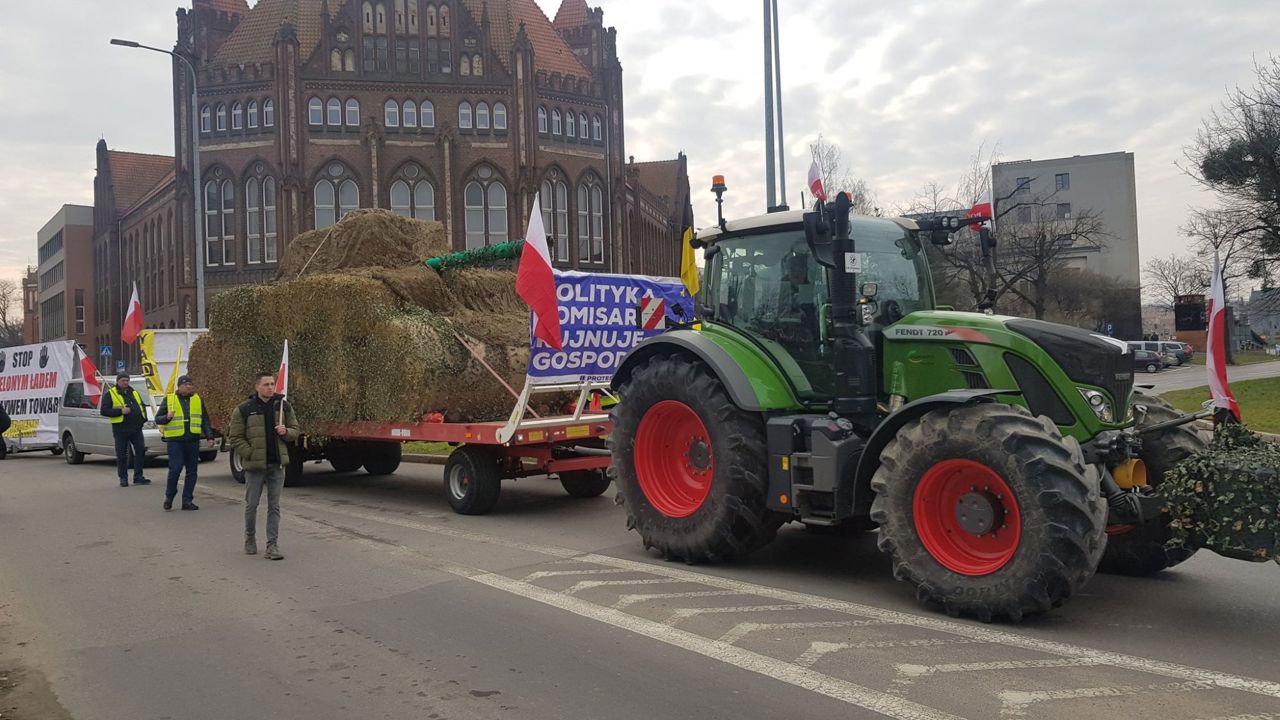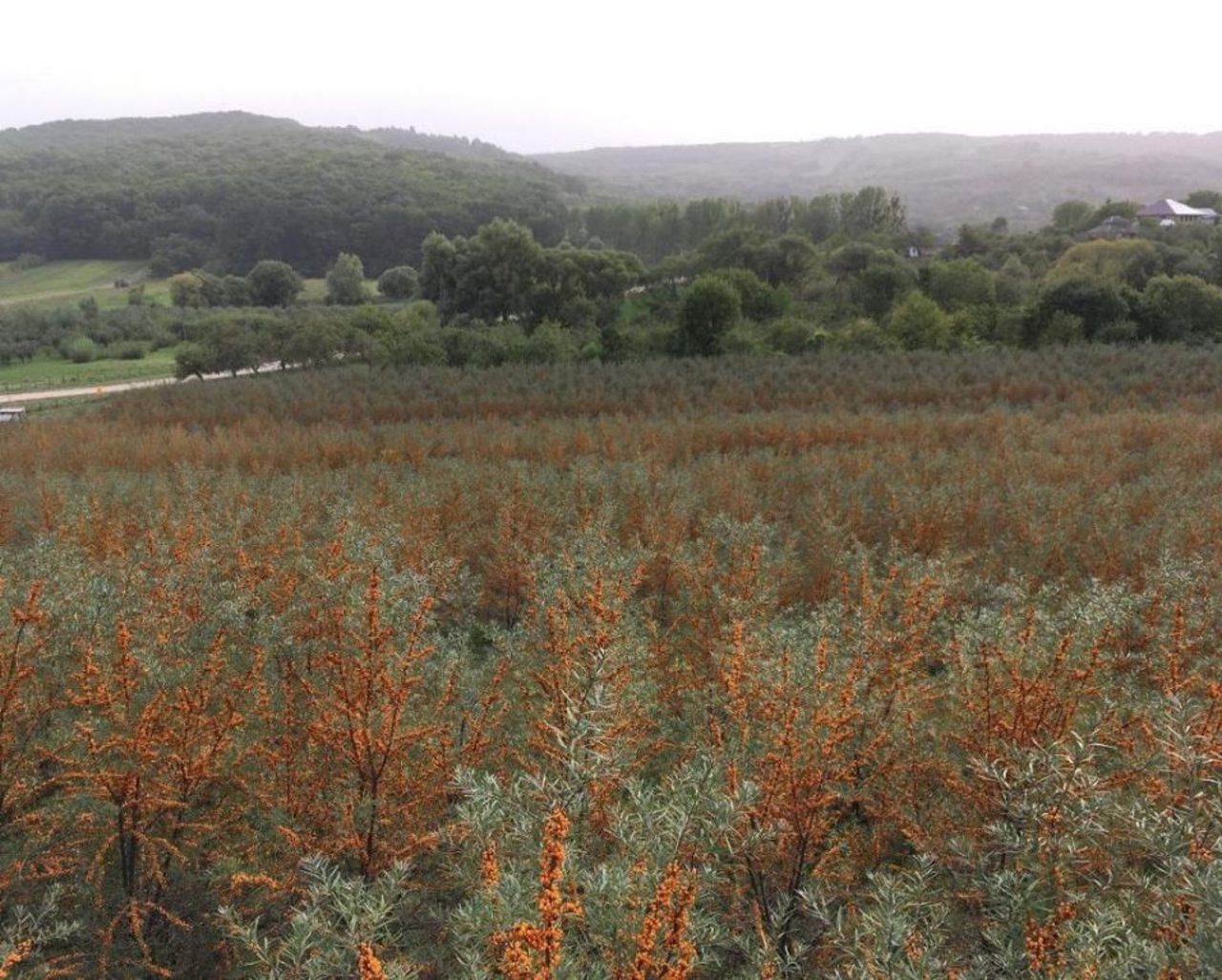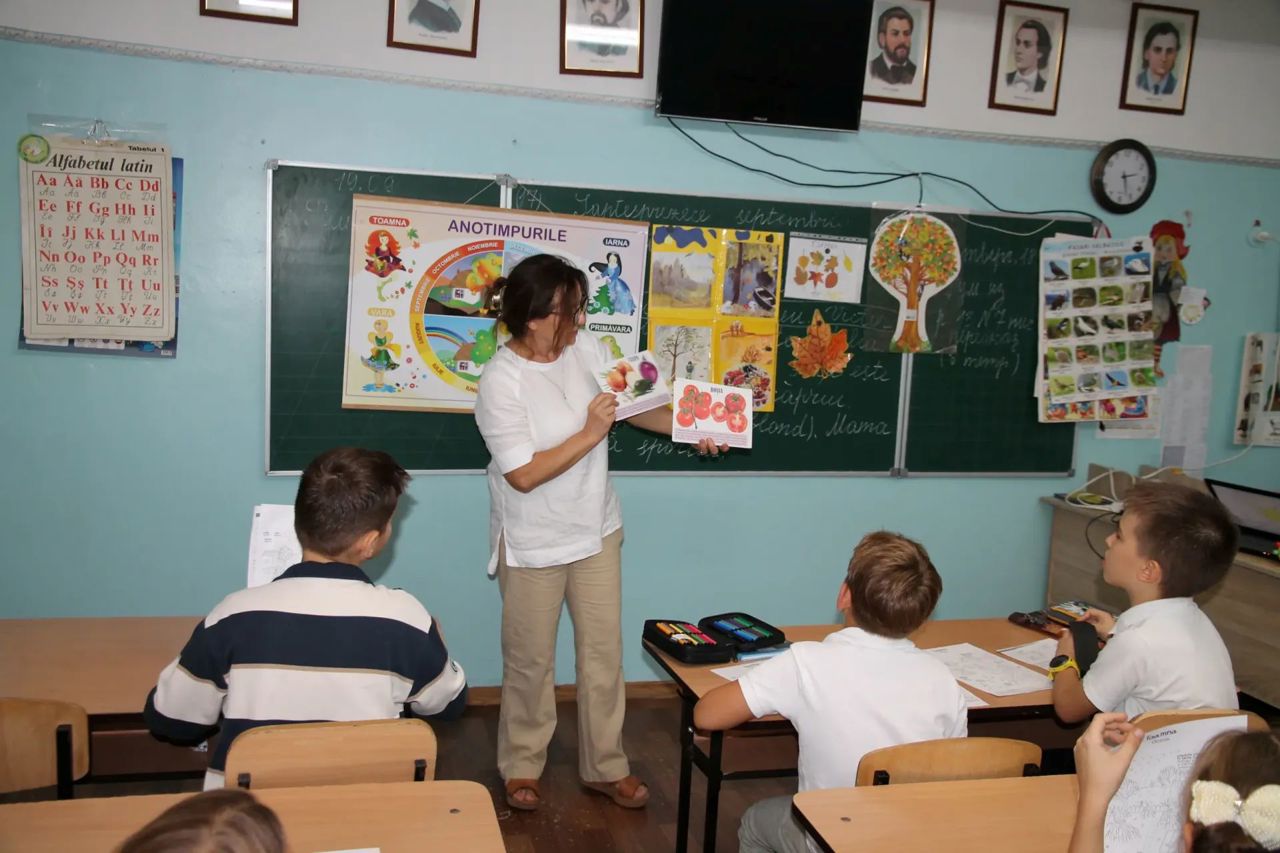Polish Farmers Block Roads in Mass Protests
Tens of thousands of farmers are blocking roads throughout Poland today in the largest wave of demonstrations yet.

Protest organisers announced that over 70,000 people and hundreds of tractors have blocked traffic on roads in over 500 locations. This includes ten major arteries to Warsaw, as well as border crossings with Ukraine. They are protesting against EU environmental policies and agricultural imports from Ukraine.
Police said they have prepared a strong presence for today's blockades, after clashes erupted at a farmers' protest in Warsaw earlier this month, leaving 14 police officers injured. Protesters and opposition politicians have accused police of using aggressive and provocative tactics.
According to Polish media, today's protests are planned to last until 7:00 p.m. However, if no agreement is reached with the government, farmers warn they may continue the blockades for a longer period. Prime Minister Donald Tusk has previously held talks with farmer leaders to listen to their demands.
Ahead of today's blockades, the mayor of Wrocław, Jacek Sutryk, banned protests from the streets of his city, stressing that while he "understands the farmers' demands," it is his duty to ensure that residents "have the right to travel to work, school, or home without tractors blocking the streets."
Farmers began the strike early last month in protest of EU climate policies and Ukrainian agricultural imports, which they say threaten their livelihoods.
Farmers say that although politicians, including Tusk, have made promises to solve the problems, they have not yet been fulfilled.
"So far, the government has not proposed anything concrete, these are just stories about what they might propose," said Sławomir Izdebski, one of the protest leaders.
However, Tusk yesterday appealed to farmers to see that his government is "doing everything to help."
On Wednesday morning, the European Parliament announced that it had reached an agreement with the European Council to extend by one year, until June 5, 2025, the temporary suspension of import duties and quotas on Ukrainian agricultural exports to the EU.
However, the Parliament added that the agreement also included "guarantees for EU farmers," including "an emergency brake for particularly sensitive agricultural products."
Translation by Iurie Tataru




